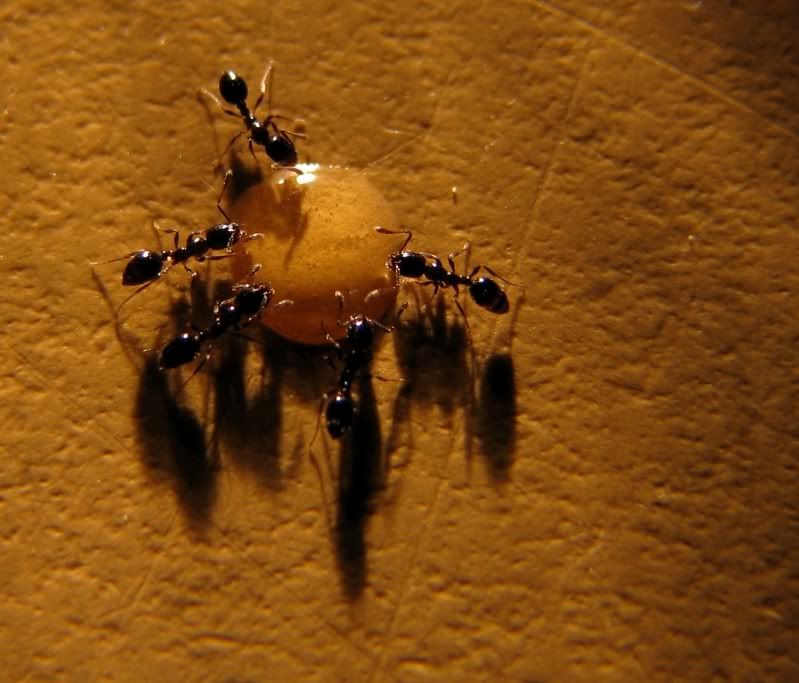I've been reading Six Legged Soldiers recently, a book about the history and use of insects in warfare, either in of themselves or as a vector for diseases. Let me tell you, there is a LONG history, going way way back. Bee hive and scorpion (yes, not insects, still considered under entomology) bombing, torture via insects (most notably at Bukhara), and the initial cause of the bubonic plague spread through Europe (you can thank Batu Khan's siege of Kaffa for that). More recently, vector insects were used extensively in China during WWII, under the command of the Japanese mad scientist Shiro Ishii. I haven't even mentioned crop pests yet.
As for now, the author mentions that he would be dissapointed if any master's student of entomology couldn't devise any of the techniques in this book. This shows the real potential for entomological warfare today; many vectors are quite easy to cultivate in laboratory, and it wouldn't require many to invoke terror into a population. Imagine some Ageis aegypti with west nile virus being set loose in a subway station in NYC, and how much terror that would provoke. Or, even worse, imagine simultaneous releases of west nile mosquitoes in small communities throughout the US. This would remove all thought of "it can't happen to me, I live in podunk, nowhere".
I'm honestly surprised Al Quaeda hasn't exploited any entomological warfare as of yet; release of a plague into your home town is far scarier than a bomb going off in some city a thousand miles away.
As for now, the author mentions that he would be dissapointed if any master's student of entomology couldn't devise any of the techniques in this book. This shows the real potential for entomological warfare today; many vectors are quite easy to cultivate in laboratory, and it wouldn't require many to invoke terror into a population. Imagine some Ageis aegypti with west nile virus being set loose in a subway station in NYC, and how much terror that would provoke. Or, even worse, imagine simultaneous releases of west nile mosquitoes in small communities throughout the US. This would remove all thought of "it can't happen to me, I live in podunk, nowhere".
I'm honestly surprised Al Quaeda hasn't exploited any entomological warfare as of yet; release of a plague into your home town is far scarier than a bomb going off in some city a thousand miles away.








 !
!